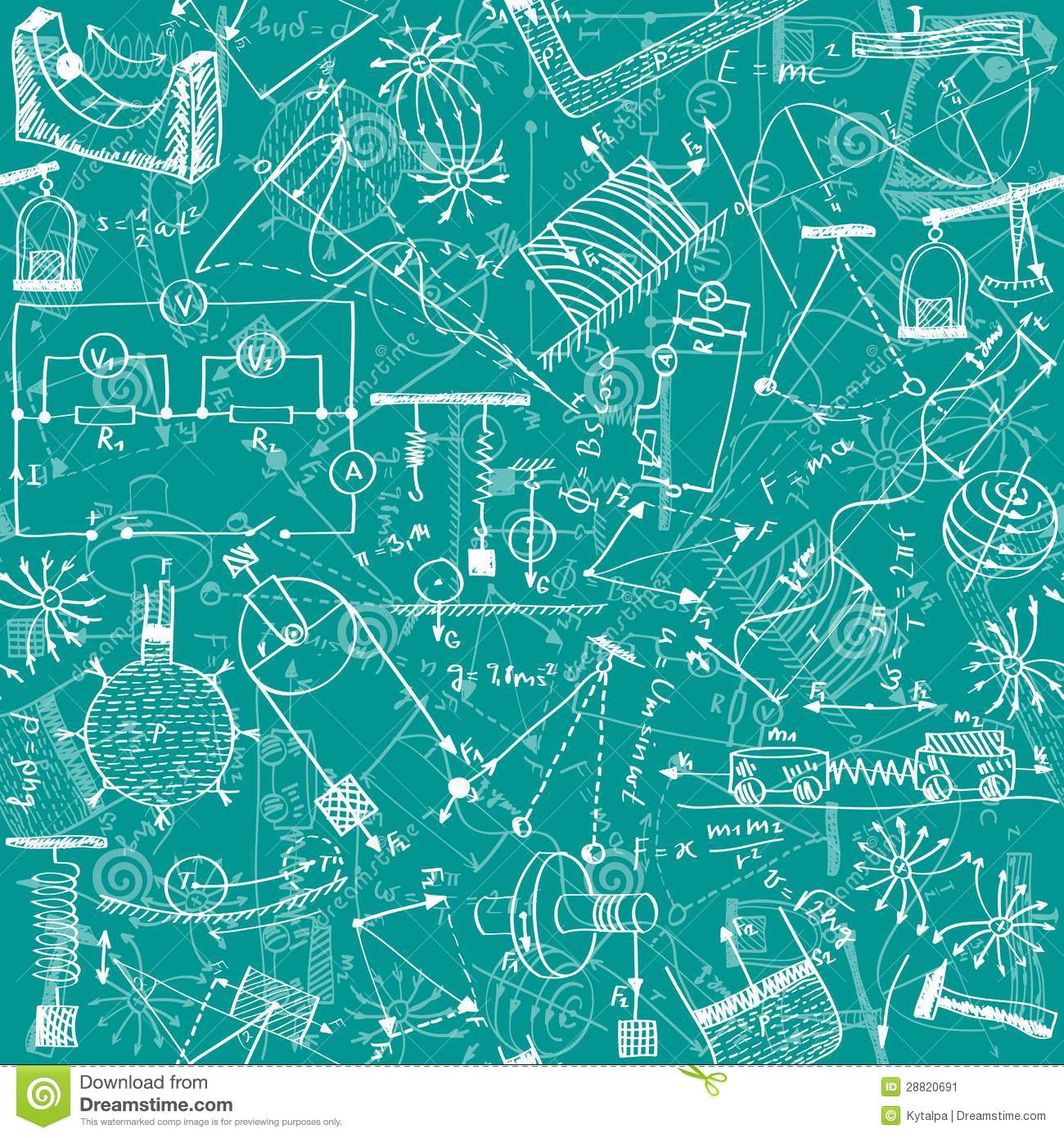

The programs are designed to give students flexibility in Years 3 and 4 to pursue interdisciplinary activities, spend time abroad, or go into greater depth in a subject or into original research. Course work includes both theoretical subjects and experimental activity in laboratories. The Major programs are simultaneously very deep and very broad. The Major programs are also designed to satisfy curiosity about the fundamental laws that govern every aspect of the world from the interactions of subatomic particles to the origin and behavior of the entire Universe. They develop a range of technical skills, most of which relate to the challenging intellectual problems of building quantitative theoretical models and making precise measurements of physically interesting phenomena. Majors: The Major programs are designed to meet a number of goals: They provide good preparation for graduate school indeed many of the Majors go on to some of the world's best graduate programs. Kostinski, Martiniani, Pate, Pullen, Sels, Van Tilburg, Wang, Wray Silver Professors Professors of Physics:Ĭollegiate Professors Professors of Physics:īlanton, Brujic, Budick, Dubovsky, Gabadadze, Grier, Grosberg, Gruzinov, Hogg, Kent, Kleban, MacFadyen, Mitra, Porrati, Scoccimarro, Stein, Weiner, ZhangĪli-Haïmoud, Gershow, Haas, Ruderman, Shabani, Sleator, Tinker, Zidovska

For science majors outside physics there are technical courses that emphasize the fundamental physical laws that underpin other sciences and for non-science majors there are non-technical courses that introduce some of the most important concepts of physics and their impact on the contemporary world.īederson, Hoffert, Lowenstein, Nemethy, Richardson, Robinson, Rosenberg, Sculli, Sokal, Stroke, Zwanziger For undergraduate physics majors, there is a rigorous core program, exposure to current frontiers, and opportunities for research. The educational programs of the Department are aimed at providing a range of courses to meet the needs of different student groups. These include the weekly colloquium and weekly events such as the CCPP (Center for Cosmology and Particle Physics) Brown Bag, in which faculty present talks on their research. There are many opportunities for faculty-student interaction. The NYU SPS chapter organizes a mentoring program that pairs first-year students with upper division Physics Majors, organizes lunches for students, and sponsors weekly sessions where faculty are invited to discuss their research. Experimental work is carried out in state-of-the art laboratories in the department and at national and international facilities such as the Large Hadron Collider at CERN and astronomical telescopes in space. Members of the department carry out research in the fields of astrophysics, biophysics, cosmology, elementary particle physics, gravitation, hard and soft condensed matter physics, and statistical physics. The discoveries of physics, exemplified by the laws of physics, rank among the most important achievements of human inquiry, and have had an enormous impact on human culture and civilization. The methods of physics are diverse, but they share a common objective to develop and refine fundamental models that quantitatively explain observations and the results of experiments. It is concerned with understanding the world on all scales of length, time, and energy. Physics is the most basic of the natural sciences. Assistant to the Director of Undergraduate Studies:


 0 kommentar(er)
0 kommentar(er)
